This article is written by Scott Mazza, COO and Co-Founder of Vitality CBD.
There’s more to cannabis than meets the eye—or nose. Beyond the allure of its psychoactive properties, a deeper understanding of the plant is emerging, and it comes down to terpenes.
These organic compounds, responsible for the distinctive aromas and flavors of cannabis, are now captivating the attention of researchers and enthusiasts alike. While terpenes have long been overshadowed by tetrahydrocannabinol (THC), new studies are shedding light on their pivotal role in the effect of cannabis.
Let’s delve into the world of terpenes, unravel their significance, and consider the secrets they hold for maximizing the plant’s potential.
So, What Are Terpenes?
Terpenes are organic compounds found in a wide range of plants including cannabis. These aromatic elements are responsible for the distinctive scents and flavors associated with various plant species. In fact, isolated terpenes are commonly used in everyday products like perfumes and lotions to provide pleasant fragrances.
Within cannabis, terpenes play a crucial role in determining its unique smell and taste. As a result, terpenes also influence the flavor profile of cannabis varieties. Terpenes in cannabis – of which there are more than 100 – have recently garnered attention for their potential health benefits. Scientists are just starting to scratch the surface in explaining how terpenes provide anti-inflammatory, antifungal and anti-anxiety effects.
Emerging findings indicate that the terpenes in cannabis operate synergistically with cannabinoids and flavonoids, resulting in the plant's therapeutic effects—a phenomenon commonly referred to as the "entourage effect." Individually, these components possess unique properties, but when combined, they create a harmonious and holistic impact that enhances the overall therapeutic potential of the plant.
What The Science Says
Peer-reviewed research is now looking deeper into the role of terpenes – and the results are exciting. In a groundbreaking study published in the Journal of Cannabis Research, scientists unveiled compelling insights into the significance of terpenes in the medicinal effects of cannabis. The study marks the first confirmation that cannabis flower with higher levels of specific terpenes can deliver superior relief for patients.
The researchers identified more than 450 unique chemical combinations of cannabinoids and terpenes, termed "chemovars." Among these chemovars, the five most commonly consumed exhibited remarkable variations in their effectiveness for treating chronic pain, depression, and anxiety.
The findings revealed a notable improvement in symptom relief when patients consumed strains containing slightly elevated levels of terpenes such as myrcene and terpinolene. Notably, the study also revealed that two chemovars were associated with more specific and negative side effects compared to the other three chemovars.
These findings have far-reaching implications, challenging the arbitrary strain names and self-proclaimed product descriptions prevalent in cannabis. Instead, they show how distinct chemical combinations yield diverse patient outcomes. Further, the researchers propose that these findings could lay the foundation for the development of the world's first indexing system, facilitating the categorization of cannabis variants based on their chemical profiles.
Investigating the Secrets of Cannabis
Let’s hope this is just the beginning. With bigger sample sizes and longer-term studies, researchers will be able to better explain how specific chemovars impact cannabis experiences and health outcomes.
Nonetheless, the study's implications confirm what many have said for years: it's time to shift away from strain names with no scientific basis. Strain names were once employed as marketing tools by producers and retailers, but the evolution and hybridization of the plant have rendered these names irrelevant. Consequently, they offer consumers limited control over product selection, hindering their ability to pick and choose the right variant for their needs. Further research on terpenes and other cannabinoids in this context becomes crucial.
Especially as cannabis starts to enter the medical mainstream, comprehensive exploration of the plant is imperative. To this end, we must unravel the secrets of terpenes and how different chemical combinations impact user well-being. Through sustained research efforts, our industry can advance towards a more dependable indexing system that categorizes cannabis variants based on their chemical composition, fostering transparency and empowering consumers with greater control.
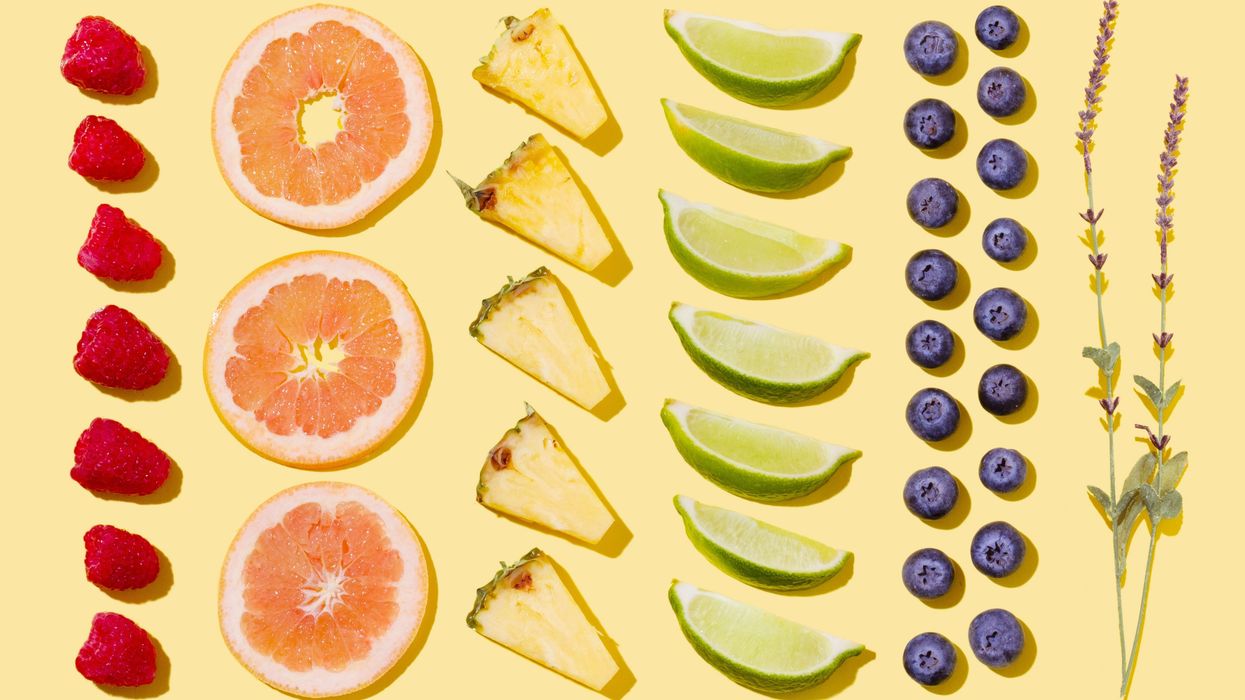






 11 Signs You've Greened Out and How to Handle It - The Bluntness
Photo by
11 Signs You've Greened Out and How to Handle It - The Bluntness
Photo by  11 Signs You've Greened Out and How to Handle It - The Bluntness
Photo by
11 Signs You've Greened Out and How to Handle It - The Bluntness
Photo by 






 The Truth About THC Candle: Cannabis Candles & How to Make Your Own - The Bluntness
Photo by
The Truth About THC Candle: Cannabis Candles & How to Make Your Own - The Bluntness
Photo by 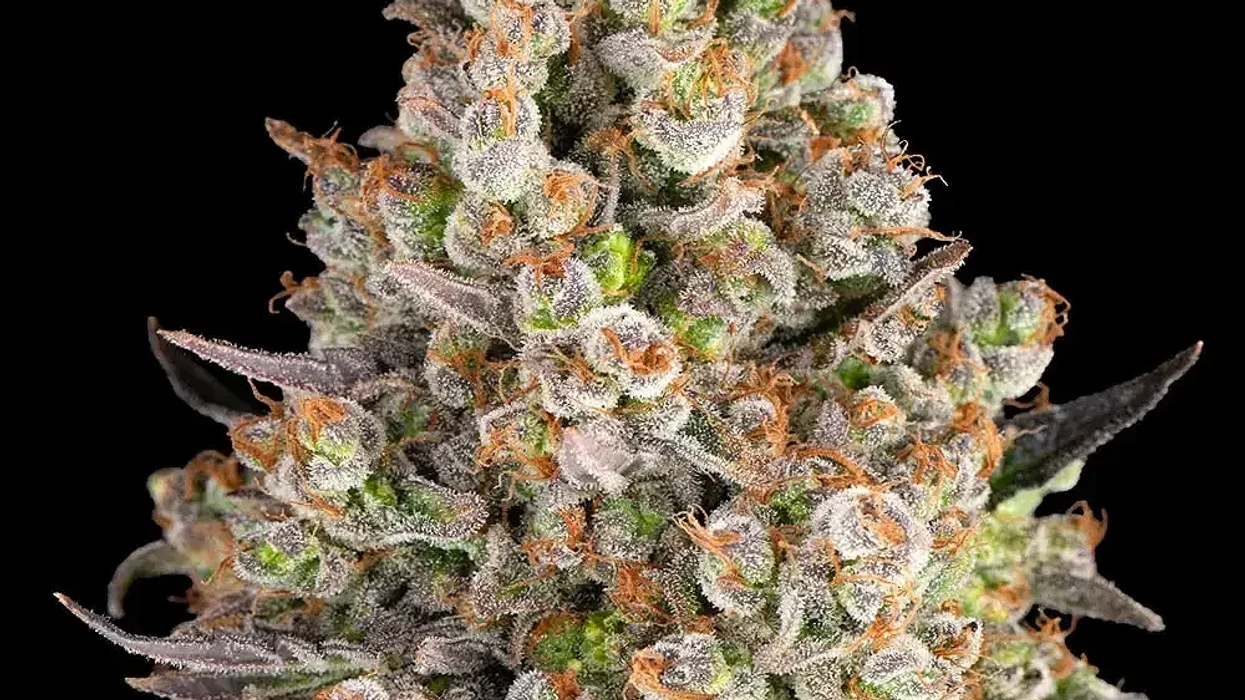
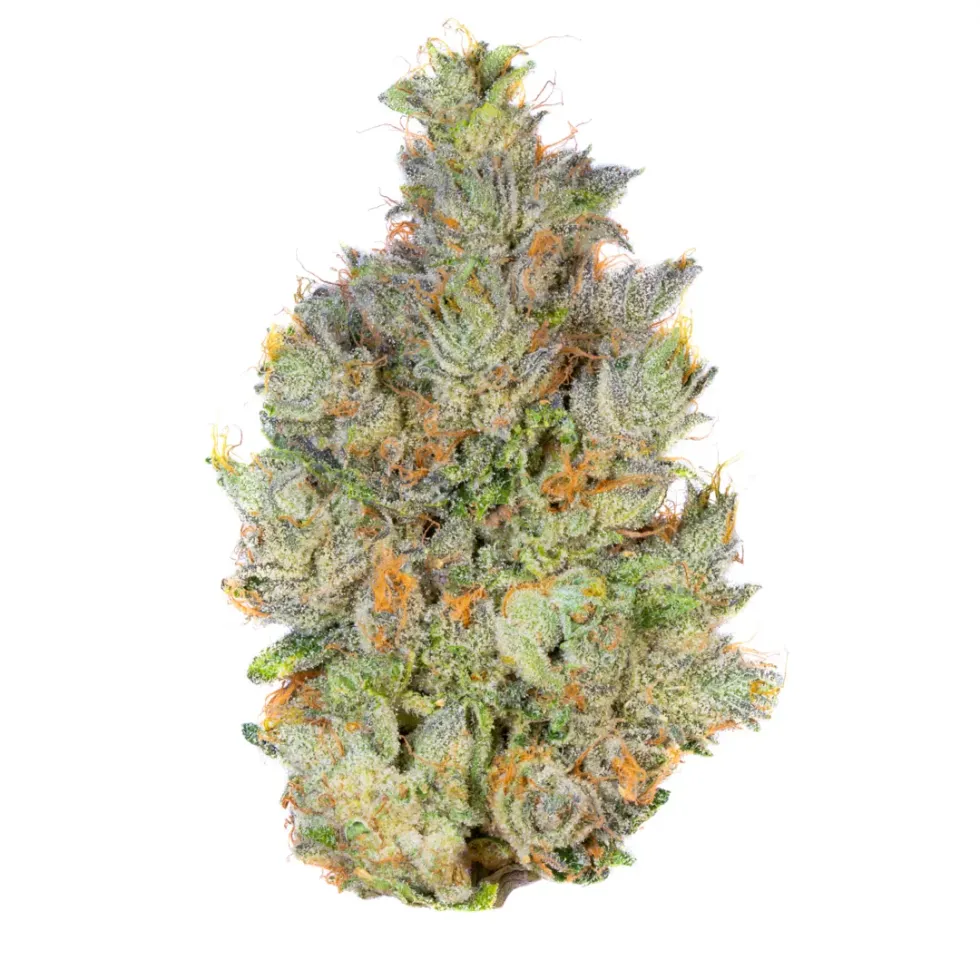 OG Kush Strain: The West Coast Classic That Defined a Generation - The BluntnessAlien Labs
OG Kush Strain: The West Coast Classic That Defined a Generation - The BluntnessAlien Labs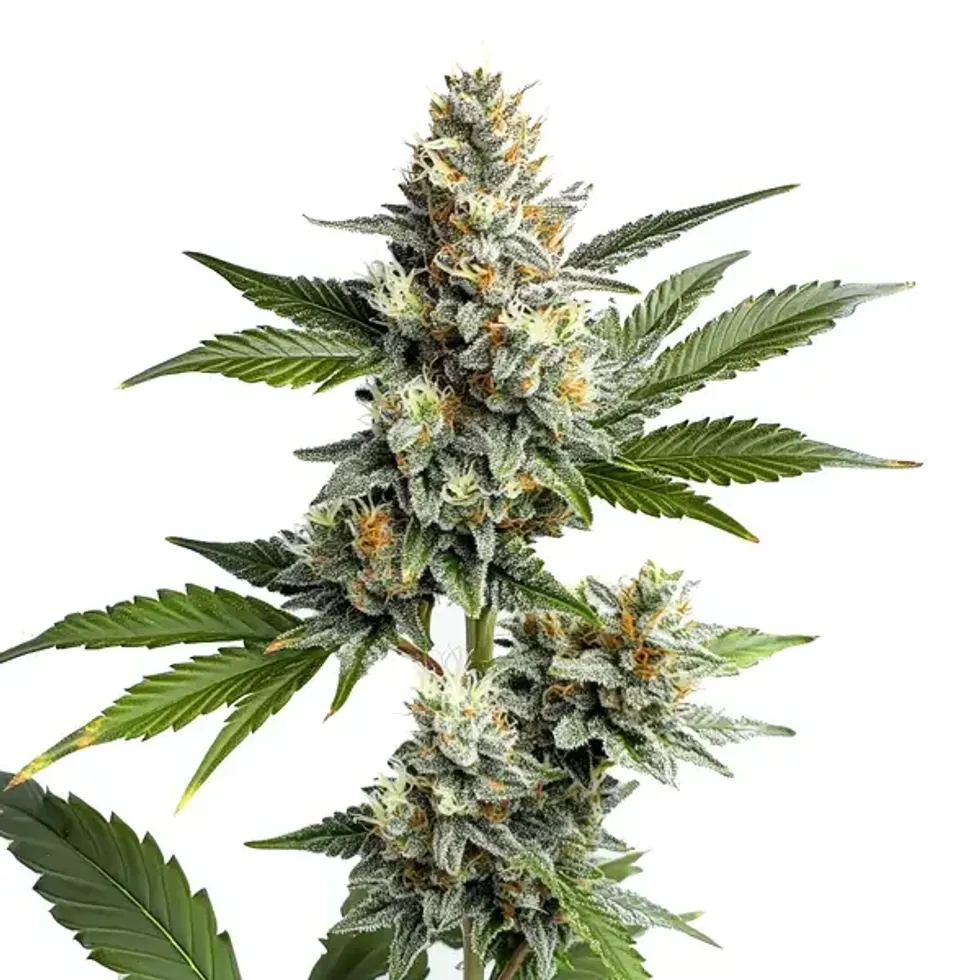 OG Kush Strain: The West Coast Classic That Defined a Generation - The Bluntness
OG Kush Strain: The West Coast Classic That Defined a Generation - The Bluntness
 What will you do with that cannabis kief collection? - Make Coffee! The Bluntness
What will you do with that cannabis kief collection? - Make Coffee! The Bluntness DIY: How to Make Kief Coffee - The Bluntness
Photo by
DIY: How to Make Kief Coffee - The Bluntness
Photo by 
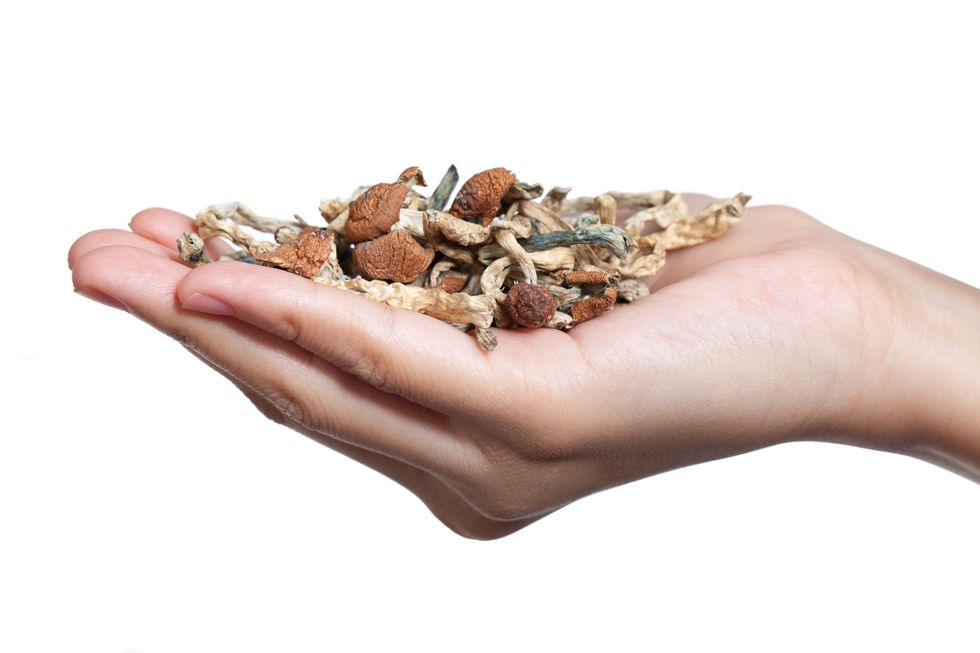 How to Make Mushroom Tea - The Bluntness
null
How to Make Mushroom Tea - The Bluntness
null
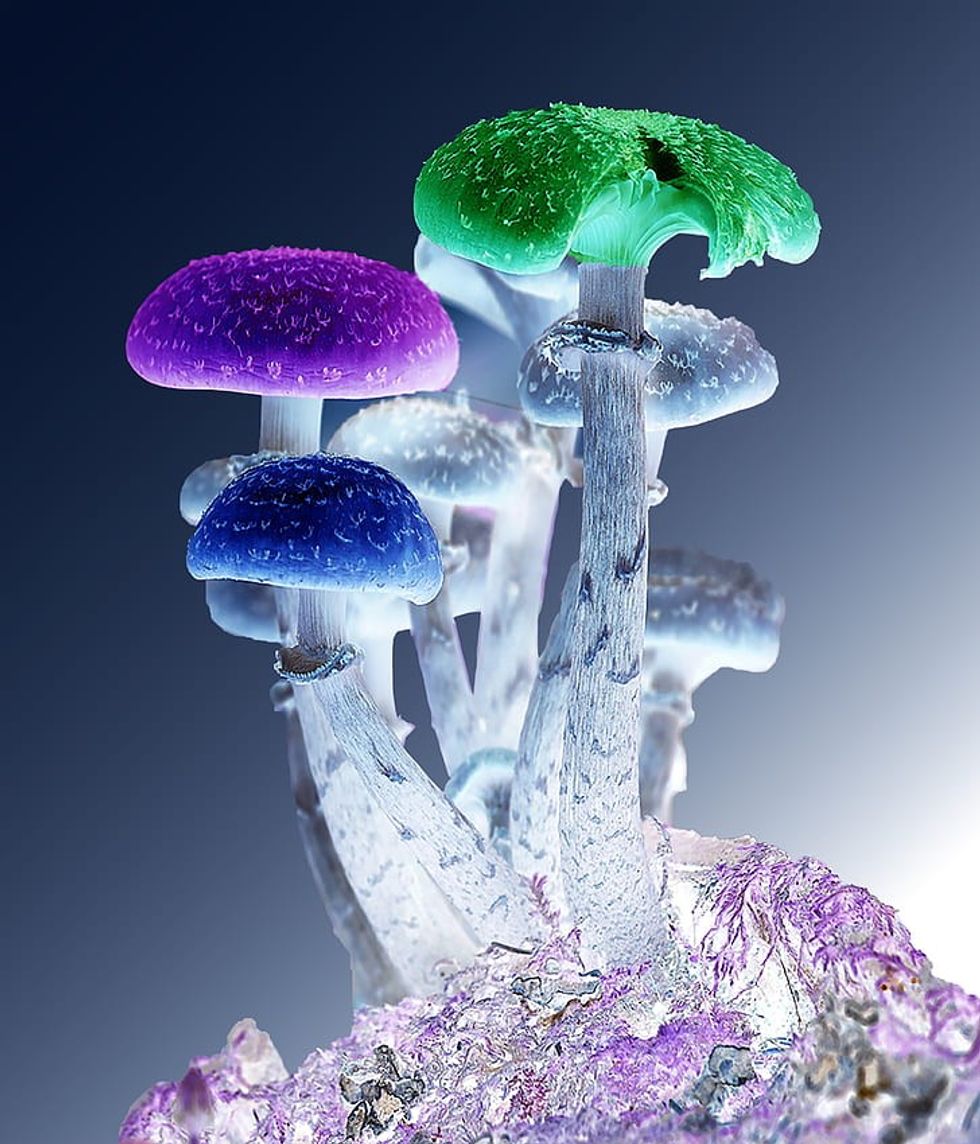 How to Make Mushroom Tea - The Bluntness
www.pickpik.com
How to Make Mushroom Tea - The Bluntness
www.pickpik.com